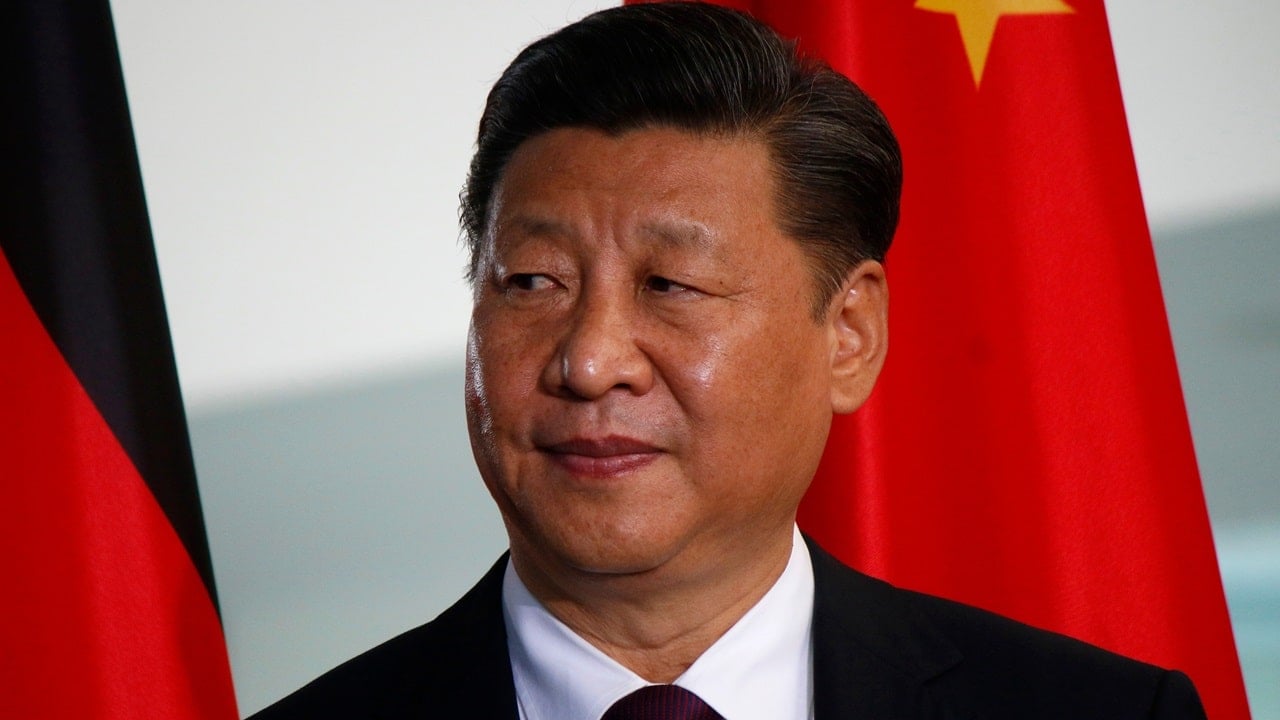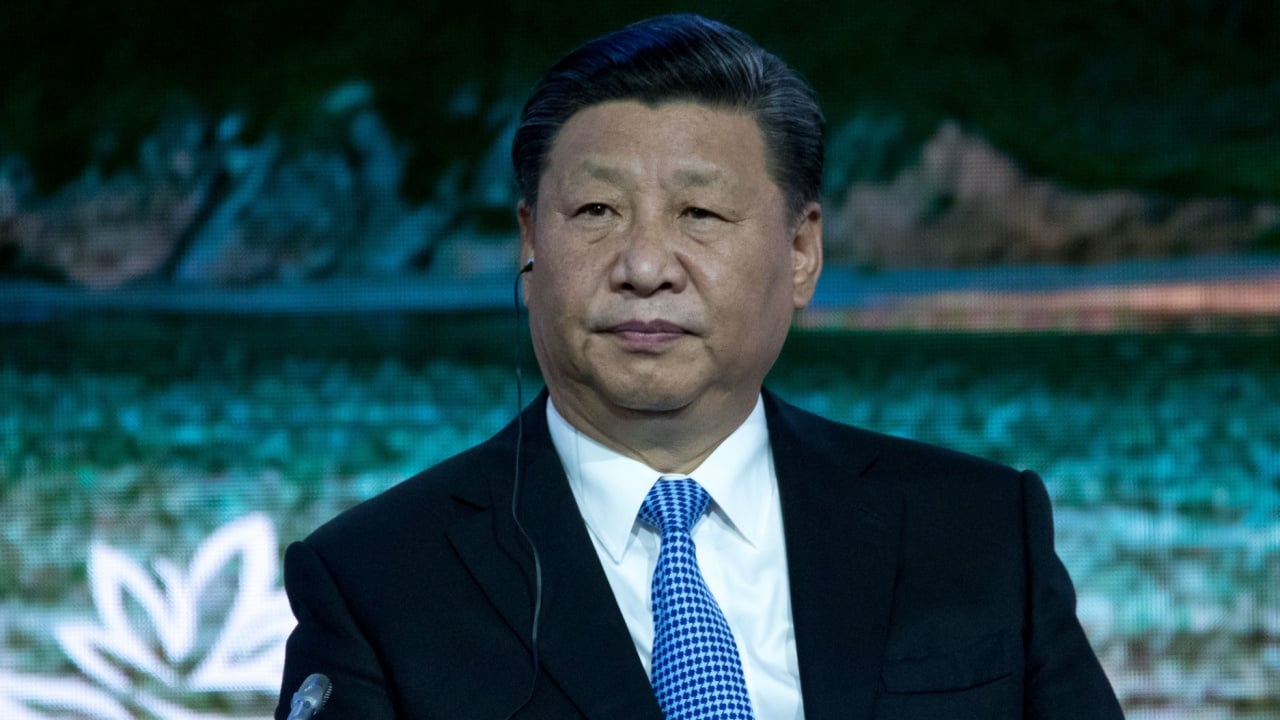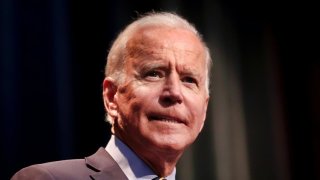America's Greatest Enemy Isn't China or Russia: Its $35 Trillion In Debt
With a $1.5 trillion deficit this year, $35 trillion in overall debt, and $1 trillion in interest payments this year, if the U.S. dollar is no longer the primary global reserve currency and there is suddenly a true rival to the U.S. currency, then the entire American financial system comes crashing down.
Summary: The BRICS bloc, comprising Brazil, Russia, India, China, and South Africa, is gradually emerging as a significant economic and financial trading alliance, challenging the U.S.-dominated global economic order. Historically, the U.S. has maintained its economic dominance through its central role in international trade, its status as a net creditor post-World Wars, and the U.S. dollar's position as the primary reserve currency. However, recent geopolitical and economic developments, such as Russia's resilience to Western sanctions and the U.S.'s economic turbulence post-COVID-19, have highlighted the vulnerabilities of the U.S. economy. The rising national debt and deficits further compound these challenges. As BRICS grows in influence, it poses a potential threat to the U.S. dollar's dominance, which could have severe implications for America's economic stability and global standing.

Rising National Debt: America's Achilles' Heel in the Face of BRICS
In the 2012 film Prometheus, a prequel to Ridley Scott’s 1979 hit Alien, one of the lead characters, Michael Fassbender, looks upon an embryo of the iconic monster and quips, “Big things have small beginnings.”
One could say the same thing about the rising economic and financial trading bloc, loosely known as the BRICS bloc.
BRICS is short for “Brazil, Russia, India, China, and South Africa.” The term can find its roots in a 2001 Goldman Sachs report about the economy of the developing world. Many in the West have attacked the term and the very notion that this budding economic alliance is anything but a gigantic show for the leaders of those countries to look like statesmen.
Yet, just as with the embryonic alien monster in Prometheus, the BRICS bloc has moved from a mere theory in the minds of turn-of-the-21st-century Wall Streeters and is slowly growing into a financial dagger aimed at the heart of the U.S.-led economic system.
America is the Beating Heart of the Global Economy
Americans secured a position at the center of international trade by the middle of the twentieth century.
After the First World War, the United States became a net creditor for the rest of the depleted world’s powers. Again, by the end of the Second World War, as Peter Hitchens documents in his masterful book The Phoney Victory: The World War II Illusion, Washington had spent much time erasing the British Empire’s once-dominant position atop the world economy.
From there, the United States ensured its continued economic dominance throughout the twentieth century by isolating and containing its chief rival in the Cold War, the Soviet Union. Economically cut off from the rest of the world and made into a giant pariah, the USSR could not compete in the long run with the Americans. Further, during this time, the United States ensured that its currency became the primary reserve currency.
And, because oil was traded on the U.S. dollar, the American currency was empowered even more than it already was. Since the Federal Reserve was able to print its own money whenever it needed to, which it always did, the U.S. could finance itself in ways no other nation in the world could.
It didn’t hurt that the United States was the only industrialized economy still standing after World War II. As the rest of the world was getting back on its feet, the U.S. was 15-20 years ahead of its potential economic competition.
All these factors created a positive feedback loop ensuring that, so long as the United States remained the dominant economic power in the world system, deficits would not matter. We could spend as profligately as we wanted. Washington could also employ its powerful spot atop the world financial system to craft devastating financial weapons, such as sanctions, to harm countries with which it has problems.
The U.S. foreign policy establishment got used to this. Sanctions against rogue regimes like Venezuela or Iran or North Korea, have been proven to be useful. The thinking in Washington was to use our economic leverage to impoverish our rivals, rather than risk direct warfare with them.
The Folly of Washington Abusing America’s Economic Dominance
Yet the usefulness of sanctions over time has rightly been questioned.
Washington got it into its mind that it could sanction fellow great powers, such as Russia. Indeed, this is precisely what Washington has done since the Russians illegally invaded and annexed Crimea in 2014. Things only worsened for Russia after they invaded Ukraine in 2022. But something unexpected happened. After the initial shock of Western sanctions wore off, the Russian economy not only survived, but it started to thrive, even in the face of American sanctions.
At the same time, the U.S. economy is going through its own turbulence. COVID-19 and the subsequent global lockdowns shattered what turned out to be brittle supply chains. What’s more, both the Trump and Biden Administrations engaged in the most irresponsible level of deficit spending in the history of America, first to combat the economic downturn caused by the lockdowns, then to stimulate the ailing economy (it didn’t work).
As a result, inflation skyrocketed, as did interest rates. The price of everything became unaffordable. Average, middle-class Americans—the backbone of the American economy—are in dire straits after four years of this.
Looking on at these trends, the rest of the world, notably the Global South, began thinking that there was no way that the U.S. economy could go on. Russia and China, feeling threatened by the American willingness to use their economic leverage with such wanton abandon, not only against rogue states, but against fellow great powers, have taken to forming the BRICS into something more than just a cool-sounding acronym.
Don’t Doubt the Challenge from the Developing World
Naysayers in the West argue that no matter what, a Sino-Russian-led BRICS coalition could never challenge the U.S.-dominated economic order.
But the U.S. economy doesn’t look strong. Plus, many other countries in the Global South are worried that the weaponized dollar could be used against them, and they are looking for a hedge against that.
And here is why the U.S. national debt and its out-of-control deficits matter.
With a $1.5 trillion deficit this year, $35 trillion in overall debt, and $1 trillion in interest payments this year, if the U.S. dollar is no longer the primary global reserve currency and there is suddenly a true rival to the U.S. currency, then the entire American financial system comes crashing down.
The ultimate victory for China, Russia, and so many of America’s other enemies would be to kneecap the U.S. economy by sweeping away the U.S. dollar’s dominance. Once the U.S. dollar is knocked off its pedestal, over time, printing and spending its own money to get through each fiscal year becomes impossible.
The Debt is a National Security Crisis-in-Waiting
U.S. Navy Adm. Mike Mullen famously quipped that the country’s national debt is the greatest national security threat America faces. He was correct.
By carrying the debt load that the United States has been carrying—and constantly piling more—all while using the dollar’s dominant position as a cudgel against other great powers, Washington has set the conditions to turn the small BRICS bloc into something truly monstrous over the next several decades.

Once that happens, life in the United States becomes very bleak quickly and America goes from a superpower to a middle power in terminal decline overnight. Those are the stakes as the Sino-Russian-led BRICS economic bloc slowly arises.
About the Author
Brandon J. Weichert, a National Interest national security analyst, is a former Congressional staffer and geopolitical analyst who is a contributor at The Washington Times, the Asia Times, and The-Pipeline. He is the author of Winning Space: How America Remains a Superpower, Biohacked: China’s Race to Control Life, and The Shadow War: Iran’s Quest for Supremacy. His next book, A Disaster of Our Own Making: How the West Lost Ukraine, is due October 22 from Encounter Books. Weichert can be followed via Twitter @WeTheBrandon.
Image Credit: Shutterstock.


